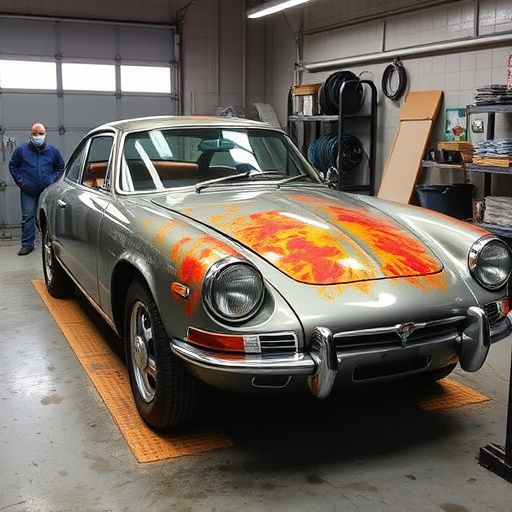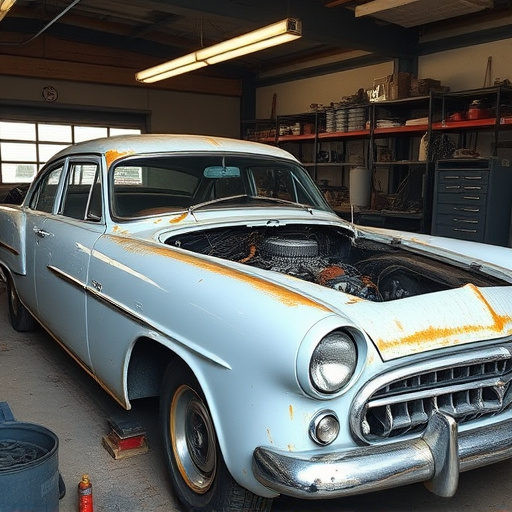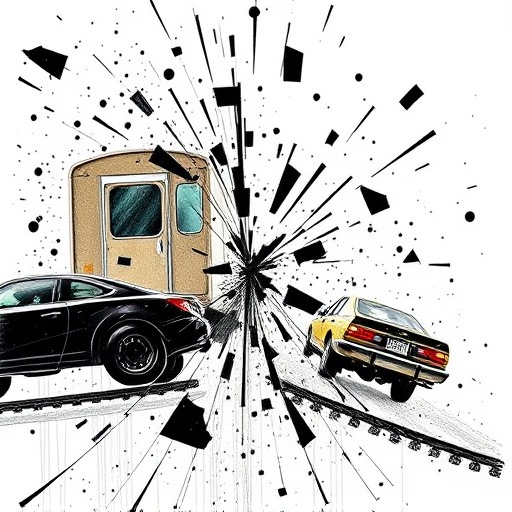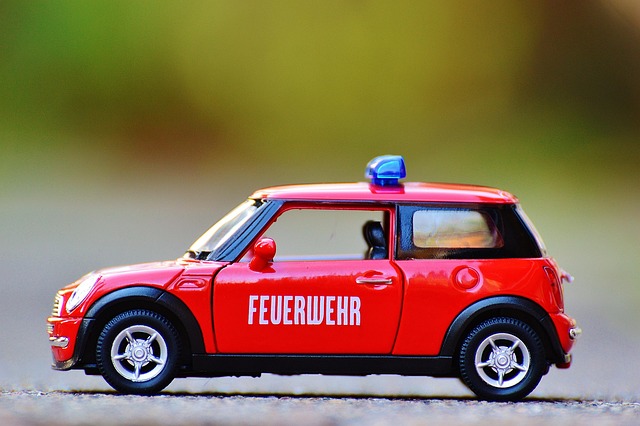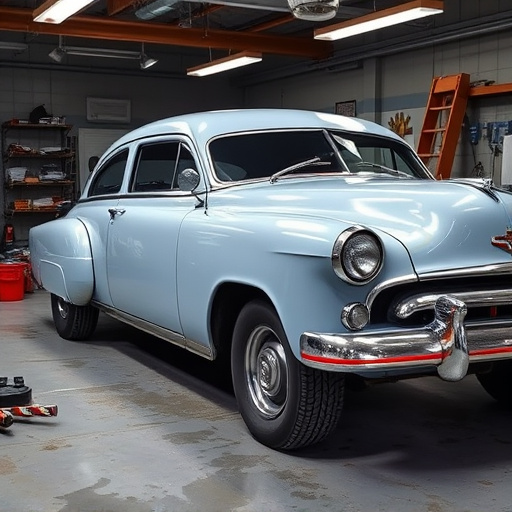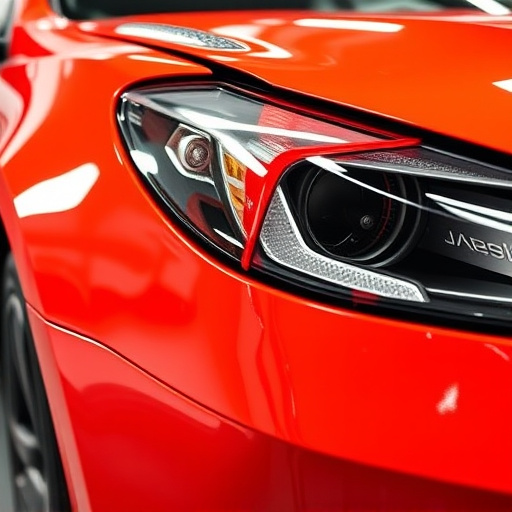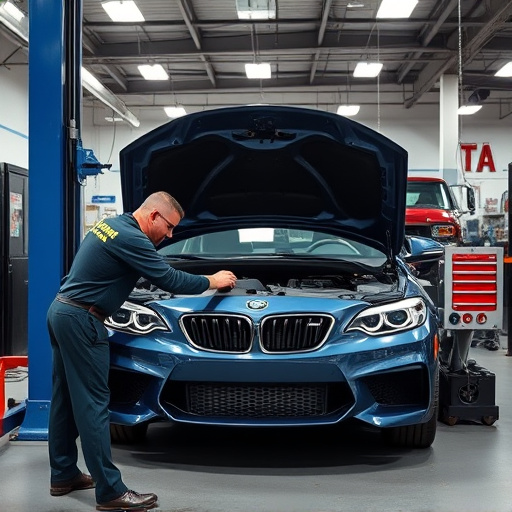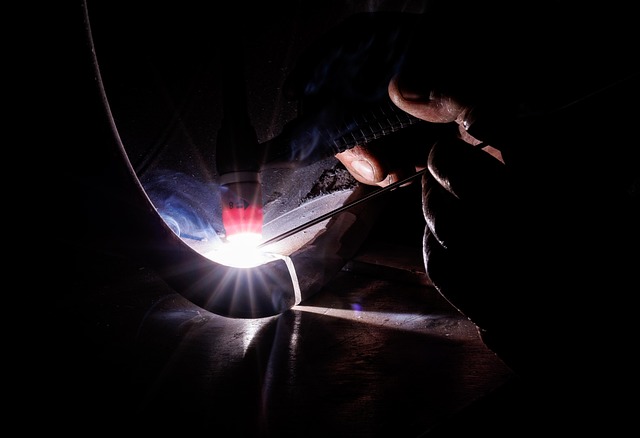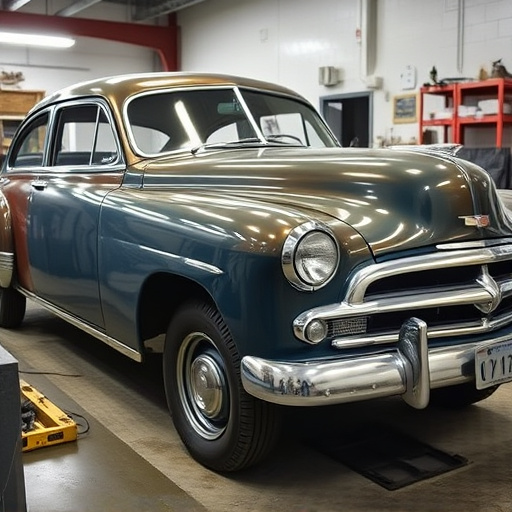Despite modern technologies, acoustic glass repair remains a specialized craft with advantages in durability and cost-effectiveness. Auto body shops leverage advanced equipment and training to maintain quality, ensuring better outcomes for customers. This evolution balances convenience, durability, and precision, preserving expertise while embracing modern advancements. Acoustic glass repair, especially cost-effective for Mercedes Benz collision repair, allows owners to save money while preserving soundproofing and extending window lifespans. Environmentally conscious practices in the industry minimize waste and resource consumption through recycling and eco-friendly products.
Is acoustic glass repair still relevant in today’s world? Despite the advent of modern alternatives, this age-old technique remains a viable option for restoring windows and glass structures. This article delves into the benefits of acoustic glass repair, examining its durability and cost-effectiveness compared to contemporary solutions. We also explore the environmental impact of sustainable glass restoration practices, providing a comprehensive guide for those considering their options.
- Modern Alternatives: Exploring New Solutions for Glass Repair
- Durability and Cost-Effectiveness: Weighing Acoustic Glass Repair's Benefits
- Environmental Impact: Sustainable Practices in Glass Restoration
Modern Alternatives: Exploring New Solutions for Glass Repair
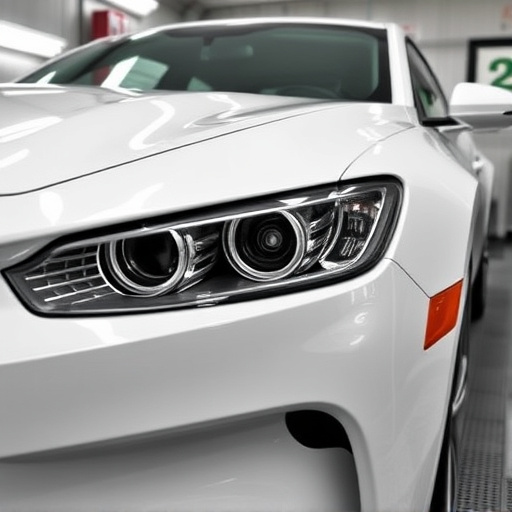
In today’s world, where technological advancements are reshaping industries, one might wonder if traditional methods like acoustic glass repair still hold their ground. While modern solutions have emerged, offering swift and efficient fixes for various vehicle repairs, including auto paint services and vehicle body repair, acoustic glass repair remains a specialized craft. This age-old technique, once prevalent in addressing cracks and chips on car windows and windshields, has seen competition from innovative technologies.
Modern alternatives to acoustic glass repair provide quick fixes with advanced materials, ensuring structural integrity without the intricate manual labor. These new solutions are not just about convenience; they offer improved durability and precision. With specialized equipment and training, auto body shops can now effectively mimic the traditional acoustic process while enhancing productivity and customer satisfaction. Thus, while modern repairs may seem like a direct replacement for acoustic glass repair, the former highlights the evolving nature of vehicle care, ensuring better outcomes for both customers and professionals in the field, including those seeking reliable car paint services or comprehensive vehicle body repair.
Durability and Cost-Effectiveness: Weighing Acoustic Glass Repair's Benefits
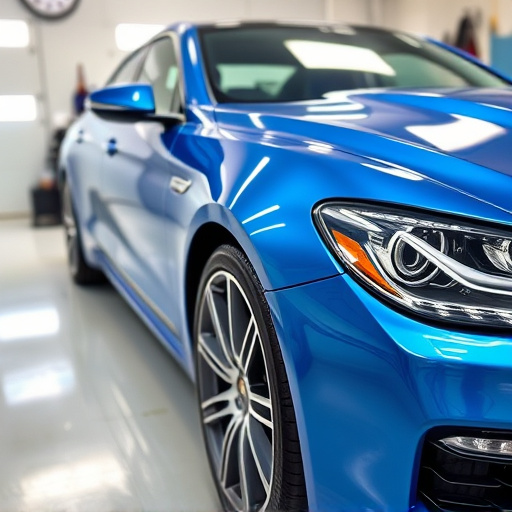
Acoustic glass repair, once a specialized service, has evolved to become a valuable option for vehicle owners facing damage, especially after a fender bender or vehicle collision repair. Despite advancements in materials, many still find the benefits compelling. The durability of modern acoustic glass is remarkable, designed to withstand various impacts without compromising integrity, which can extend the life of your vehicle’s windows and doors.
Cost-effectiveness is another advantage. In comparison to replacing entire panels, repairs are often more affordable, especially for minor cracks or chips. This is particularly relevant when considering Mercedes Benz collision repair where parts and labor costs can be significant. By opting for acoustic glass repair, car owners can save money while ensuring their vehicle’s soundproofing remains intact, providing a quieter, more comfortable driving experience.
Environmental Impact: Sustainable Practices in Glass Restoration

The environmental impact of acoustic glass repair is a significant consideration in today’s sustainable world. Traditional glass production and disposal contribute to substantial carbon footprints due to energy consumption, chemical usage, and waste generation. However, the restoration industry is evolving to embrace eco-friendly practices. In recent years, there has been a growing trend towards green initiatives within auto body services and vehicle body repair facilities, extending to glass restoration as well.
By opting for acoustic glass repair instead of complete replacements, individuals contribute to reducing the demand for new glass manufacturing. This process not only minimizes waste but also conserves natural resources. Advanced techniques now allow technicians to fix cracks, chips, and scratches on windows and windshields, prolonging their lifespan. Moreover, these sustainable practices extend beyond auto body repairs; they encompass the entire lifecycle of glass, from recycling old materials to using eco-conscious products in restoration processes, thus fostering a more environmentally responsible approach within the industry.
In light of modern alternatives, enhanced durability, and growing sustainability practices, acoustic glass repair remains a valuable option. While new technologies offer quick fixes, traditional methods still provide long-lasting, cost-effective solutions for soundproofing. Considering the environmental benefits and the unique artistry involved, choosing acoustic glass repair today allows for both functionality and preservation, making it a thoughtful investment in any space.
